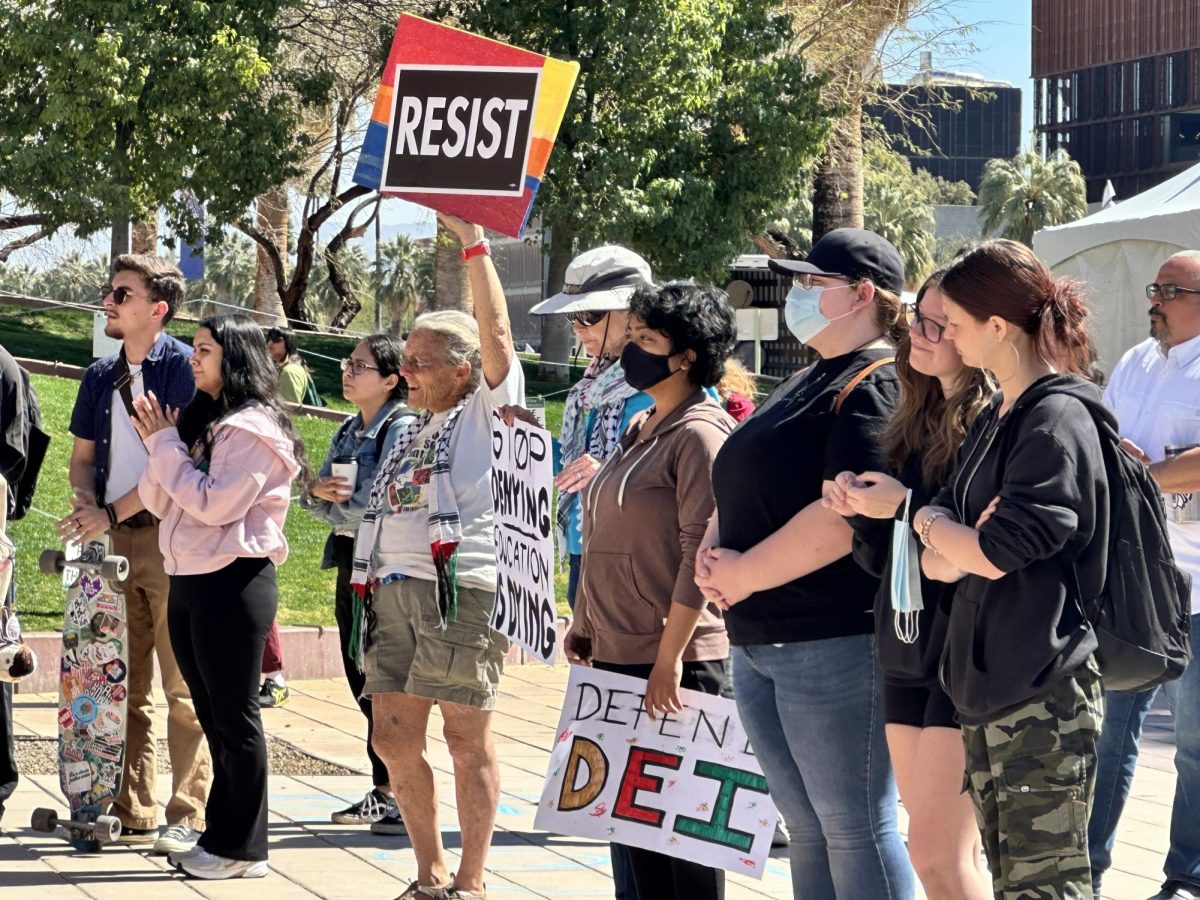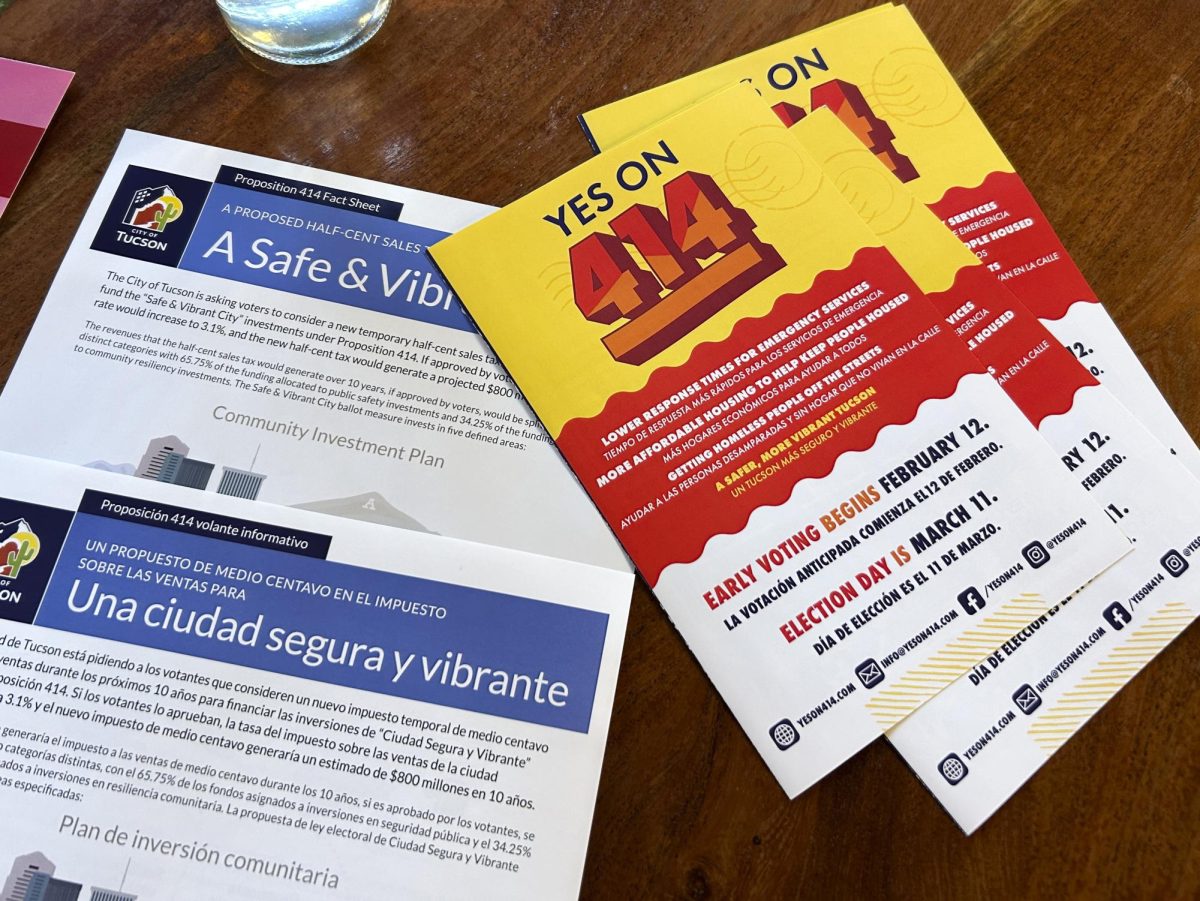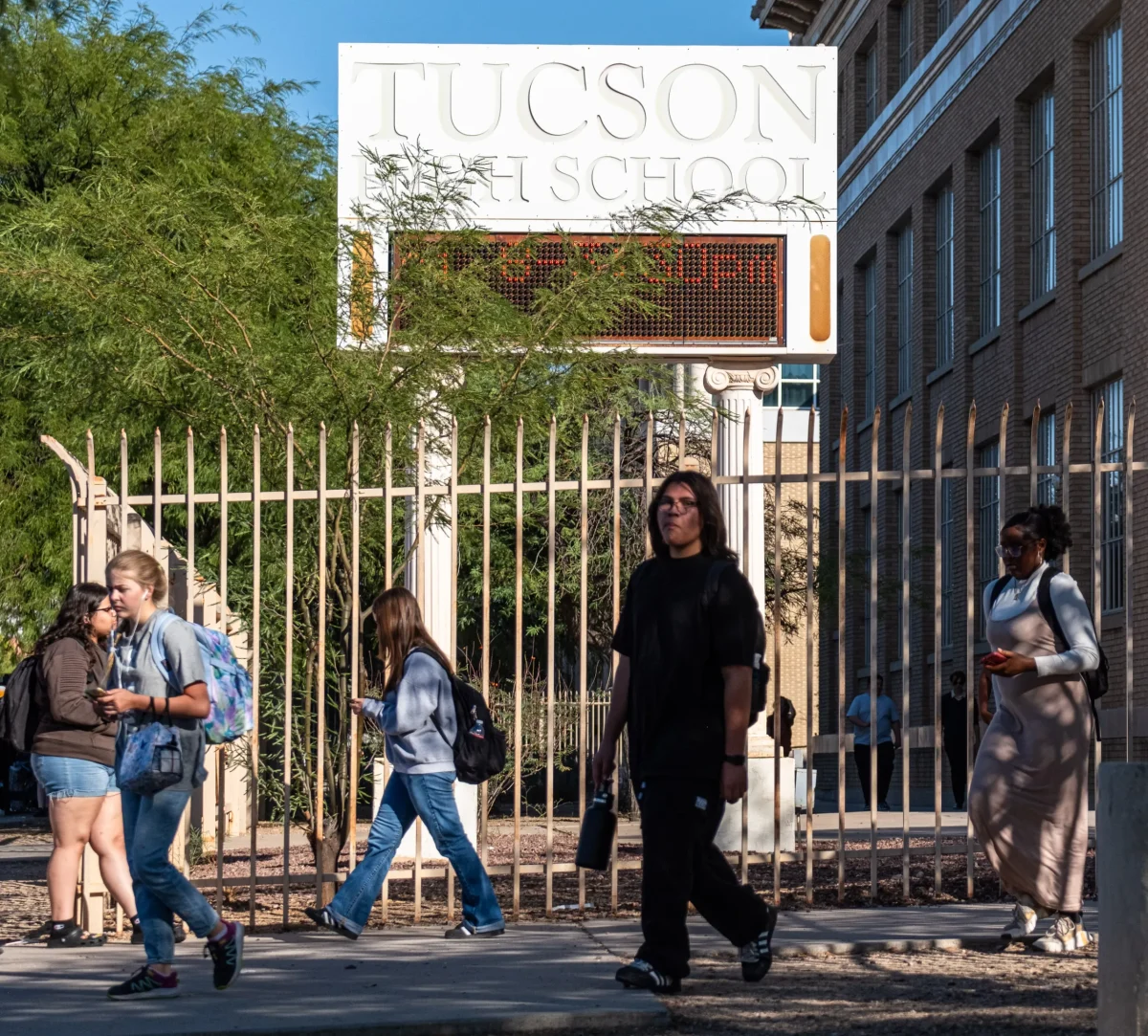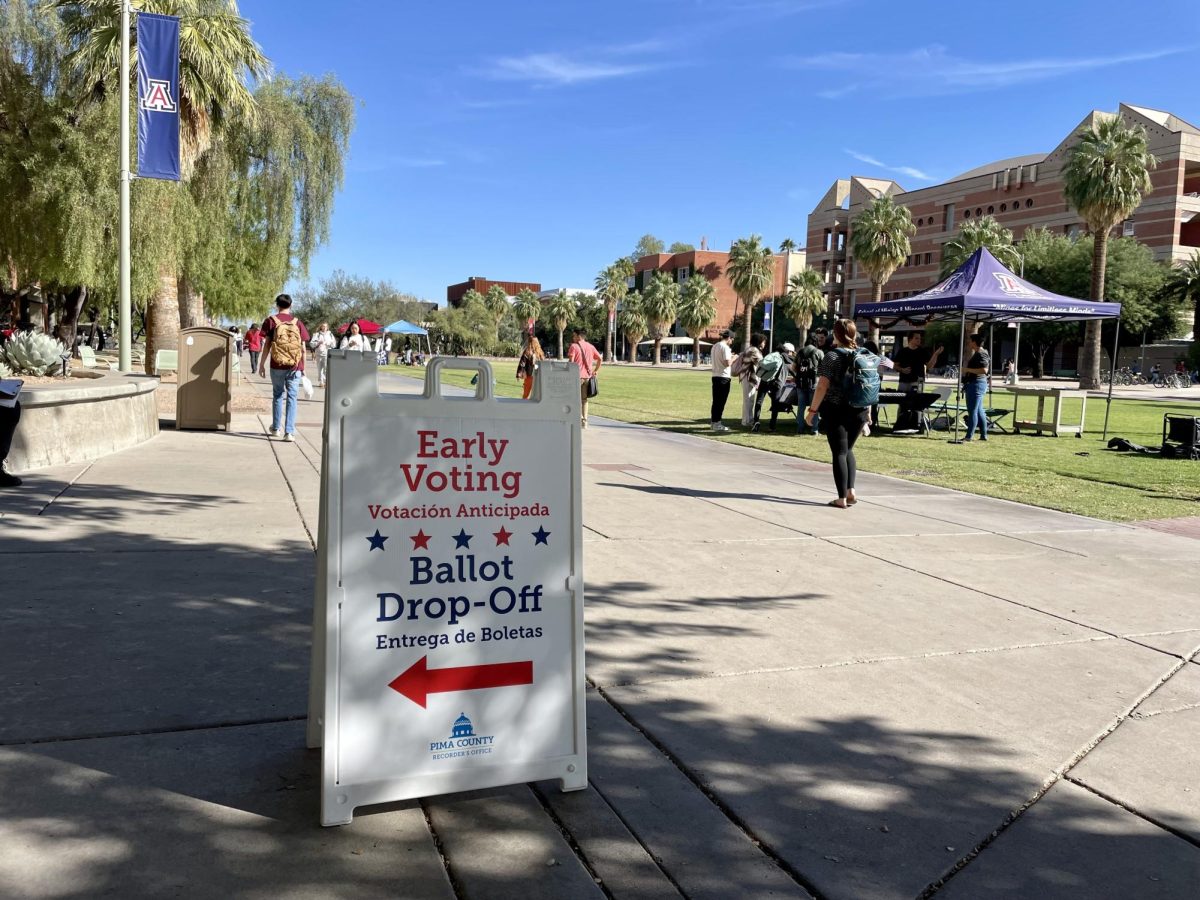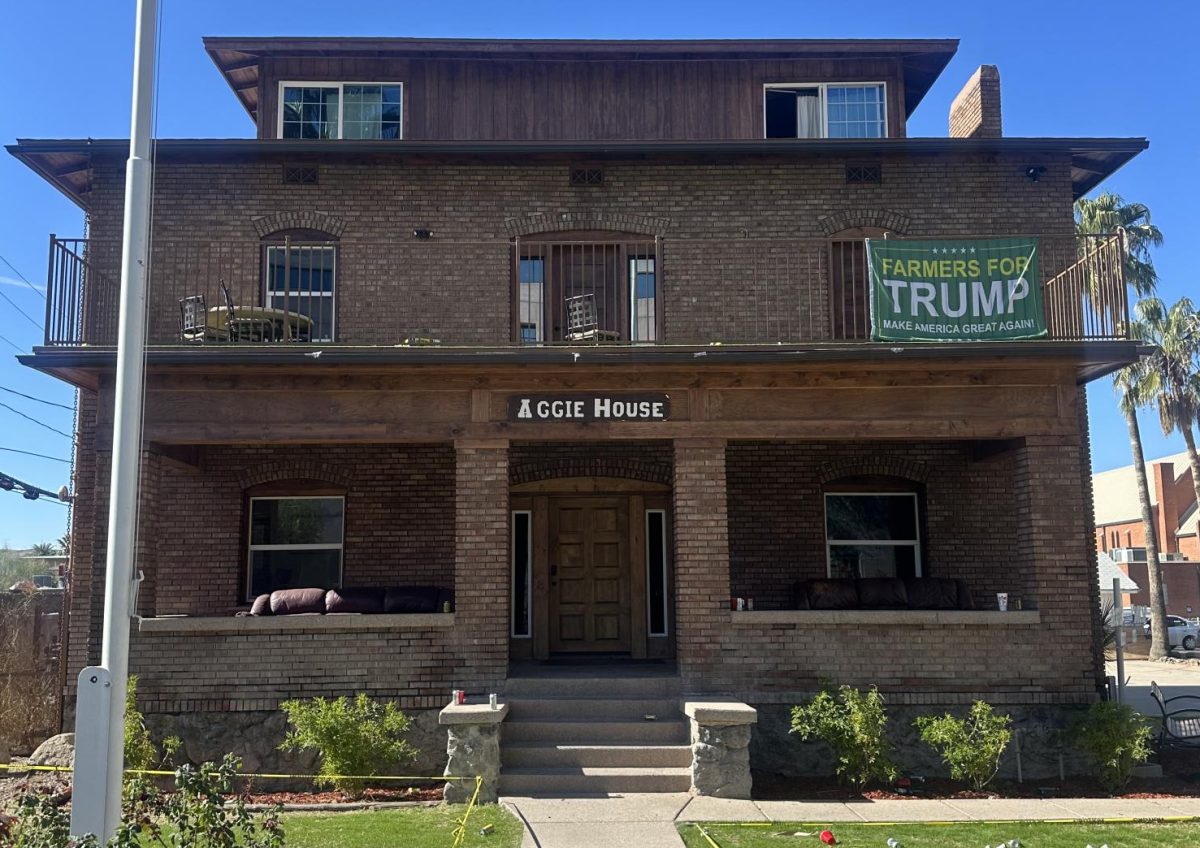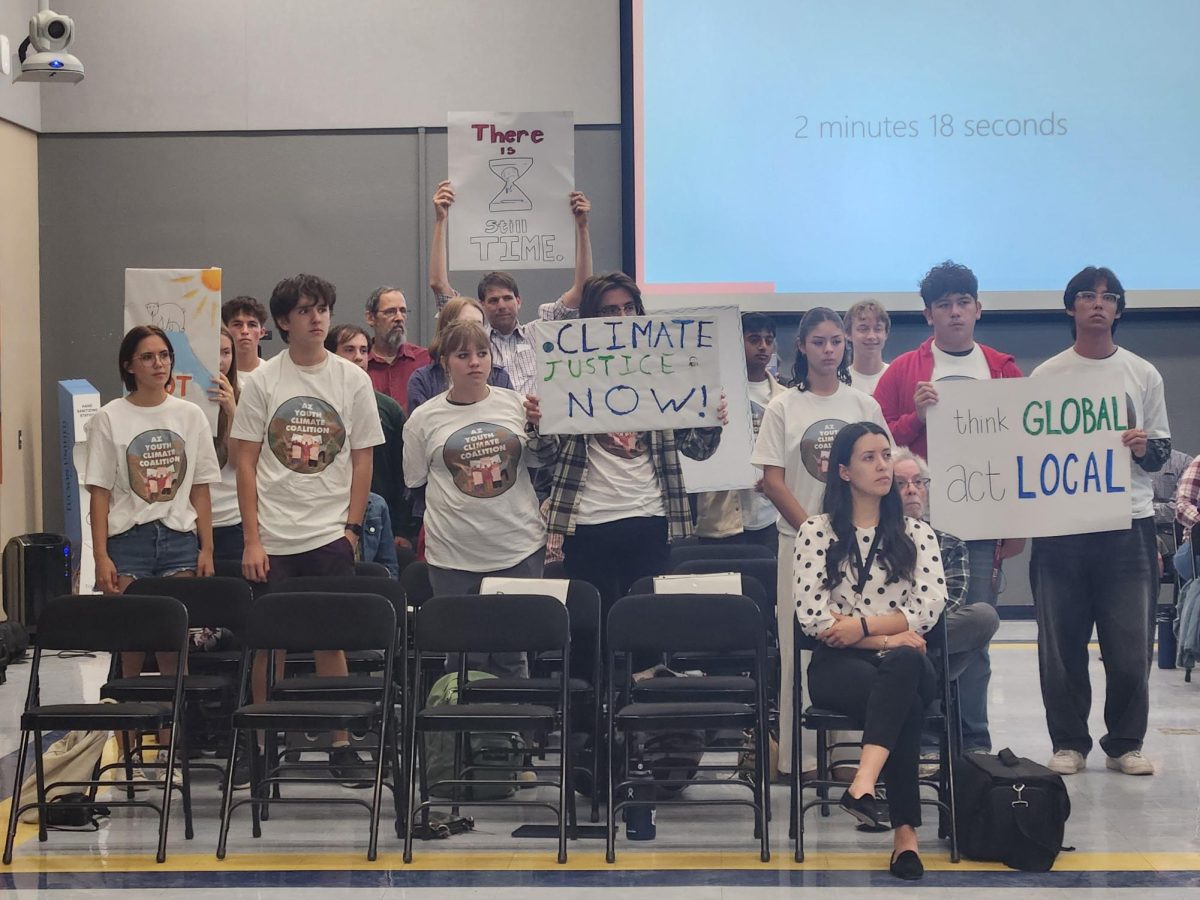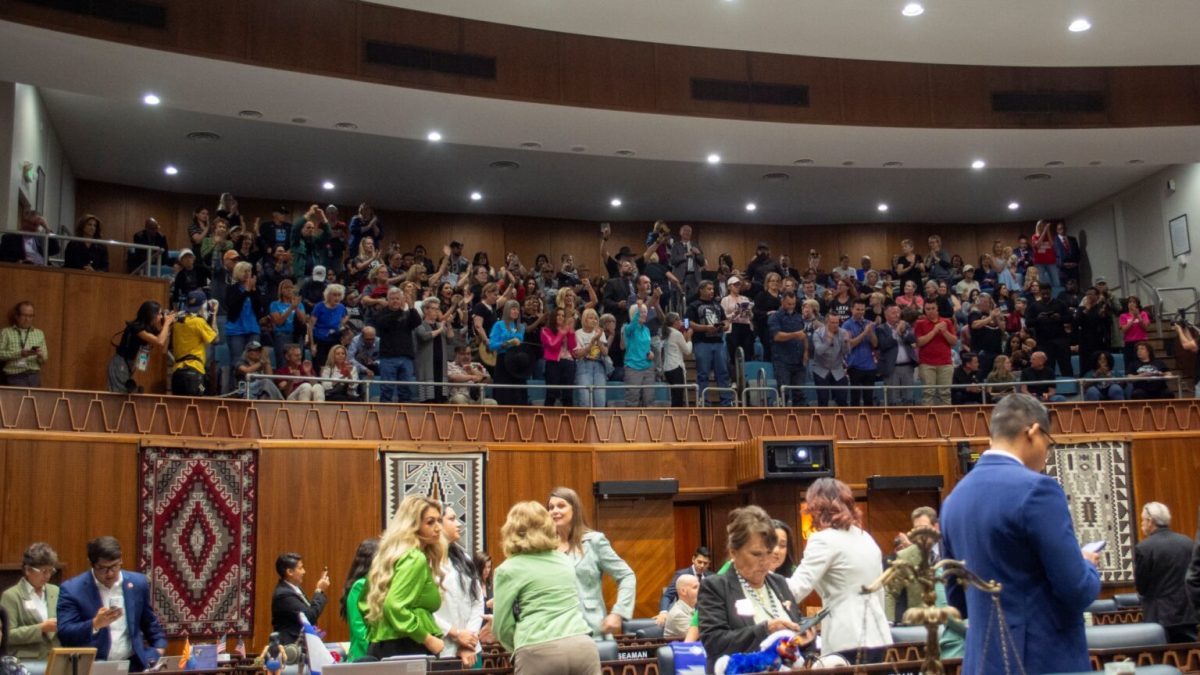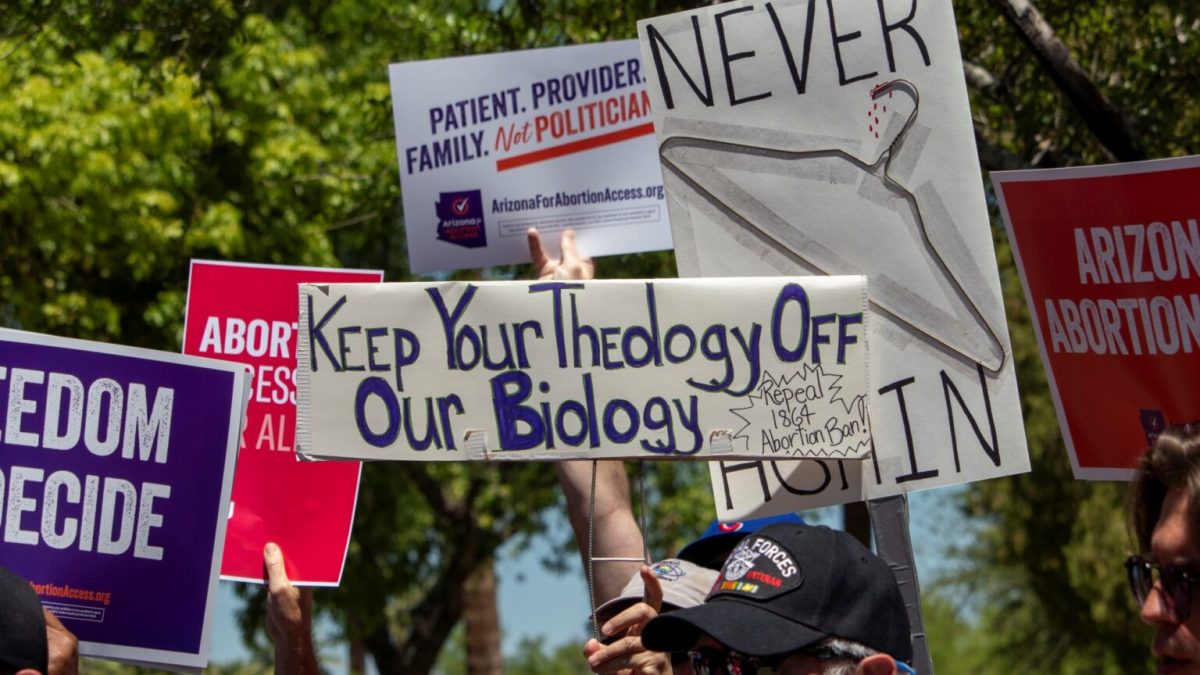Arizona has joined dozens of other states in considering a bill that requires drunk drivers to pay child support for children left orphaned in accidents caused by their impaired driving.
“This is a proposal for victim rights,” Rep. Selina Bliss, R-Prescott, said. “If a person makes a choice to drive substance impaired and kills a parent or legal guardian, the impaired driver will encounter another consequence for this deadly decision.”
The legislation, known as “Bentley’s Law,” was first passed in Tennessee in 2023. Since then, it has been enacted in Texas, Maine and Kentucky, and introduced in more than 20 other states.
But the issue may be more complicated than it seems, and lawmakers wondered whether it would ultimately hurt an orphaned child more than it would help.
Scottsdale Republican Rep. Alex Kolodin said that, due to “the doctrine of double recovery” — which stops people from recovering damages for the same incident twice — the bill would actually end up making it harder for victims to recover damages.
Effectively, he said, if victims have already gone through insurance to recover damages related to the incident, they’d be barred from seeking child support from the drunk driver who killed their parents. Or if the child is awarded support from the drunk driver, the insurance companies could refuse to pay out.
Rep. Lupe Contreras, D-Avondale, said he shared Kolodin’s concerns.
“When anything is awarded towards an action, an injury claim, an insurance (company) can say, well now, this negates any further monies towards that (incident),” Contreras emphasized.
These questions aren’t unique to Arizona, and have driven discussions about similar proposals by lawmakers around the nation.
In 2022, Bentley’s Law failed in Missouri, where it was first drafted, after lawmakers had similar worries on what would happen in the likely scenario that a defendant was unable to pay child support.
“It was one of those bills that there wasn’t enough information, simply because many of these drunk drivers may not have the funds to do that, so who in fact would pay those costs?” Missouri Democrat Rep. Trish Gunby told KSDK.
Representatives from Mothers Against Drunk Driving (MADD) have advocated for this bill in statehouses nationwide
Jody Winters was among the speakers from MADD who came to support Bliss’ House Bill 2044.
Winters told the House Judiciary Committee on Jan. 17 that, when her daughter, Jessica, a mother of 3, was killed by a driver under the influence of narcotics in 2020, their family did not receive restitution. Instead, they were given $25,000 to split among the 3 kids.
“That is not nearly close to what is going to be the road that we have ahead of us,” Winters said. “The college, the braces, the psychological help, the academics that they’re struggling in. This law would help provide these things that our families need.”
The Arizona Department of Transportation reported that crashes caused by drunk driving led to 223 deaths and 3,538 injuries in 2022 alone.
“There’s been a lot of people killed in this state since my daughter’s life was senselessly taken,” Winters said
In response to the concerns raised by the committee, Bliss promised representatives that she would work with them to amend the bill.
“If we can get this out of committee, and I find that it does indeed harm the child, I’ll personally pull this bill. I’m not here to cause harm or have a bill that doesn’t fit for Arizona,” she said.
Rep. Quang Nguyen, the committee’s chairman and a fellow Prescott Republican, pledged to ensure Bliss followed through on that promise.
“Seeing how (she) is my seatmate, you can bet I’m going to hold her feet to the fire if she doesn’t continue to work on this bill with all of us,” Nguyen said.
But the fact that questions could not be easily answered by anyone in the room may doom the bill. Democrats on the panel said they believe the bill was in need of more work beyond an amendment.
Rep. Melody Hernandez, who voted against the bill, said the discussion over the complexities left her more confused about the issues than she was coming in.
“That points to us needing to have further discussion in front of the public, especially when we have the advocates who are taking this across the nation,” said Hernandez. “They deserve the opportunity to participate in this process.”
The bill will next be considered by the full House of Representatives.
This story first appeared in AZ Mirror.



